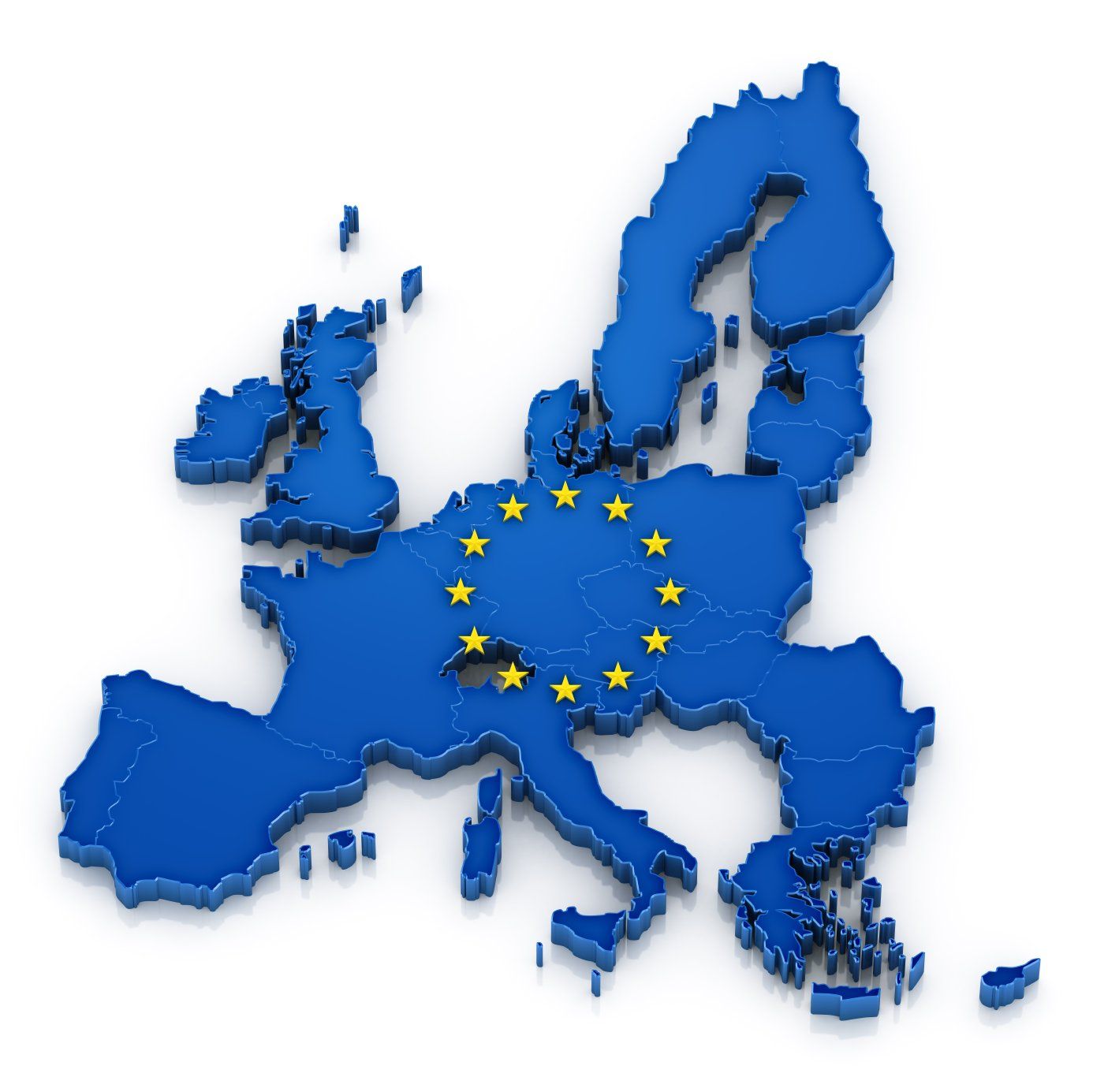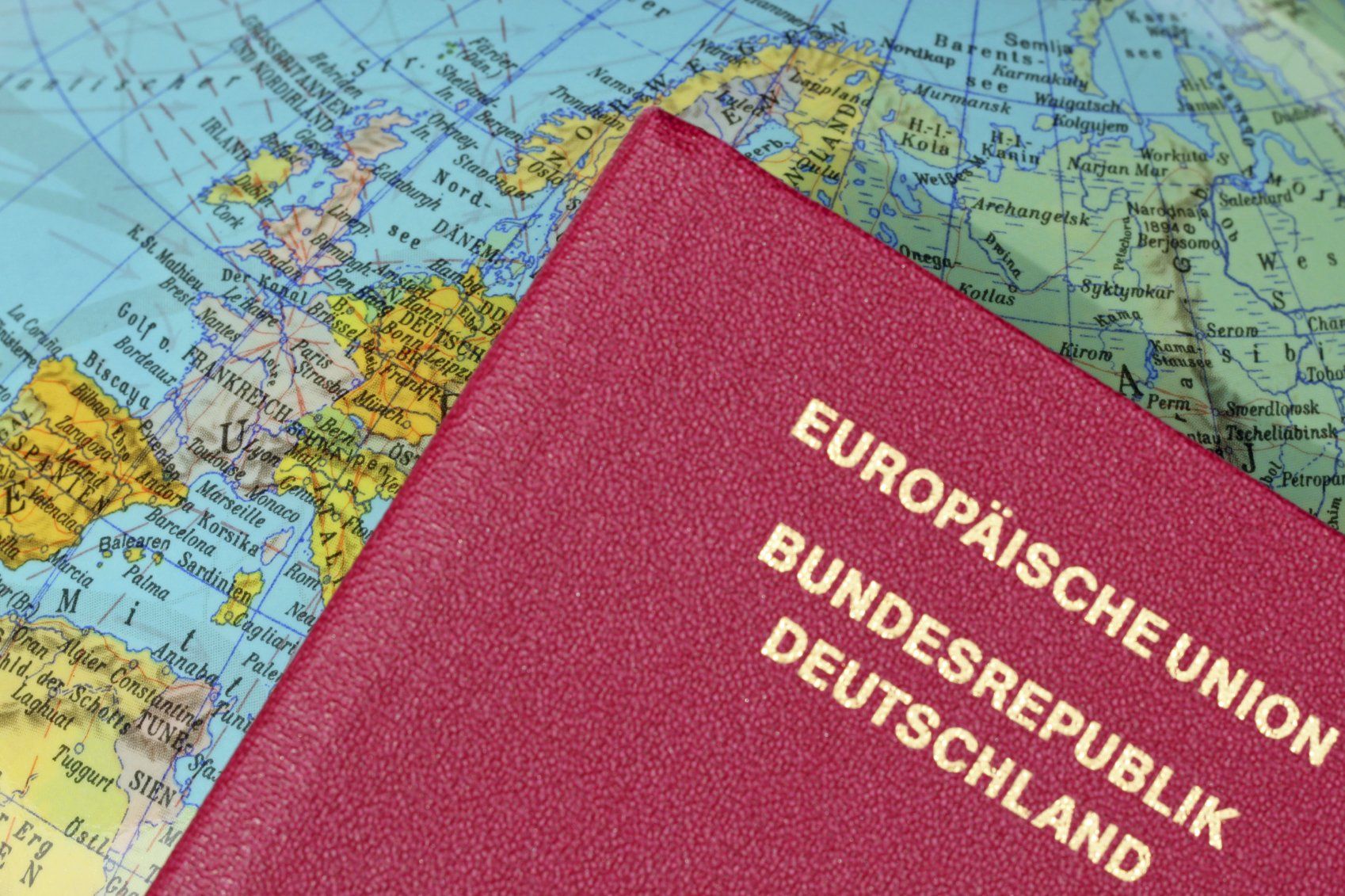Quick guide on how to gather your Italian ancestor's vital records for Italian citizenship application
August 4, 2023
If you're considering applying for Italian citizenship, obtaining the necessary Italian vital records is a crucial step in the process.These records serve as proof of your Italian lineage and are essential for establishing eligibility. In this article, we assume that you have already completed your genealogical research and know your ancestor’s exact date and location of birth.
So here, we will provide you with valuable tips and guidance on gathering Italian vital records effectively and most importantly how to get the Italian public officials to safely and quickly send it to your home address.
If you still do not know where and when your ancestor was born or don’t have full details, consult our blog post on genealogical research for more instructions.
What are Vital Records?
Vital records are official documents that record life events such as births, marriages, and deaths. These records are maintained by the Register of Vital Statistics (Ufficio Anagrafe e Stato Civile) in the municipality (Comune or Municipio) where the event occurred. To establish your Italian ancestry and eligibility for citizenship, you will need to obtain these specific vital records. Here's a breakdown of each type of record and its significance.
1. Birth Certificates
Birth certificates provide essential information about your Italian ancestors, such as their names, dates of birth, and places of birth. These documents play a crucial role in tracing your lineage and establishing a connection to Italy. To obtain birth certificates, you can contact the relevant Italian registry offices, such as the Registrar of Vital Statistics, in the ancestral towns or provinces. It is important to provide accurate information regarding names and dates about your ancestors and their vital events to request the necessary documents. This is essential because public officials are not always willing or capable to conduct research covering many years.
2. Marriage Certificates
Marriage certificates are vital for establishing the marital status of your Italian ancestors. They contain information about their spouses, dates of marriage, and the location of the wedding. These records help solidify your family ties and demonstrate your connection to Italy. Similar to birth certificates, you can obtain marriage certificates by contacting the appropriate Italian and/or your own country’s registry offices or utilizing online databases and resources. If your ancestors got married more than once, oftentimes you will have to provide the marriage certificate for all marriages, especially if any records mention another marriage/spouse.
3. Death Certificates
In the case of deceased Italian ancestors, obtaining their death certificates is essential. These records confirm their passing and provide details such as the date and place of death. Death certificates are crucial for tracing lineage and establishing eligibility for the next generation. Most of the time a death certificate will be located in your own country of origin for your ancestor is likely to have lived there until their passing, so you may want to reach out to local registry offices to issue the death certificate.
Locating Italian Vital Records
When it comes to locating Italian vital records, there are several avenues you can explore to obtain the necessary documents in original form. Here, we will delve deeper into each option, providing you with additional insights and strategies for a successful record search.
1. Vital records located at Local Registry Offices
Contacting the local Italian registry offices is often the most direct and reliable method of obtaining vital records. These offices, known as the "Ufficio di Stato Civile" or "Anagrafe," hold the original copies of birth, marriage, and death records for their respective jurisdictions. To initiate your search, you will need to determine the specific town or province where your Italian ancestors were born, married, or passed away.
Once you have identified the correct location, reach out to the local registry office through phone, email, or mail. It's advisable to communicate in Italian, as English proficiency may vary. Provide as much detailed information as possible about your ancestors, such as their full names, dates of birth or marriage, and the names of their parents. This information will assist the office in locating the relevant records.
While some registry offices may provide the records directly, others may require you to submit a formal request in writing. It's important to note that response times may vary, so it's advisable to allow for sufficient processing time and even call the offices directly in case there is no response via email.
2. Vital records located in Churches
Italian vital records for citizenship purposes were typically recorded in churches until the introduction of civil registration in the early 19th century. Civil registration was gradually implemented starting in 1809 and became more widespread by 1866. Church records are relevant for events that occurred before the implementation of civil registration in a specific region. The exact date of when civil registration was introduced can vary by region, so it's important to research the specific timeline for the location you're interested in.
Based on your family's place of origin in Italy, you will be able to determine the specific church or churches where your ancestors' vital records might be located. Utilize online resources to gather information about the churches in your ancestors' hometowns. Websites like FamilySearch.org, Antenati (antenati.san.beniculturali.it), or regional archives may provide access to digitized records or provide contact details for the relevant churches.
Once you have identified the church, try to obtain contact information such as the church's address, phone number, or email address. You can search online directories, consult regional archives, or contact local genealogical societies for assistance. Send a polite and concise inquiry to the church, explaining your purpose and requesting access to the relevant vital records.
If you're not fluent in Italian, consider seeking assistance from someone who can help you compose the inquiry in Italian. This will increase the chances of receiving a response. If you don't receive a response within a reasonable time frame, consider sending a follow-up inquiry or trying another contact method. Persistence and patience are often required in these situations.
If you receive a positive response or if the church indicates that the records are not accessible electronically, you may need to plan a visit in person. Make arrangements to travel to the relevant church and be prepared to spend time searching through the records manually. In some cases, hiring a local genealogical researcher in Italy can be helpful when you are not in Italy. They can navigate the language barrier, visit the church on your behalf, and assist in locating and extracting the required vital records. Either way, it is always useful to ask the church how you can pay for the shipping of the vital records to prompt them to support you in your search.
Sending the vital records to your home address
When request public officials in Italy to issue vital records or certificates for your Italian citizenship application, you may be required to submit a written request directly to the relevant town hall (comune), alongside a stamped prepaid envelope (busta preaffrancata) with their personal details and return address already filled out. This allows the comune to efficiently send you the requested certificates once they are issued.
It's important to note that the busta preaffrancata is solely applicable within Italy. However, depending on the applicant's country of residence, an alternative option may be available, such as using an International Reply Coupon, which facilitates the return of documents through international mail services. Depending on your location and country, you may expect to receive your certificates within 1 or 2 months even. Check our article on how you can use an International Reply Coupon.
Conclusion
In conclusion, obtaining vital records is an important part of applying for Italian Dual Citizenship. It is important to follow the correct procedures when requesting these records to either a registry office or a church to ensure that your application is successful.
Unfortunately, it is also not rare for public officials to not respond at all to these requests. In those cases, you will need professional help to engage with the office in person. In case you are in this situation, our team can help intermediate in other ways, including by showing up in person at the Italian office in question. Click here to know more.










